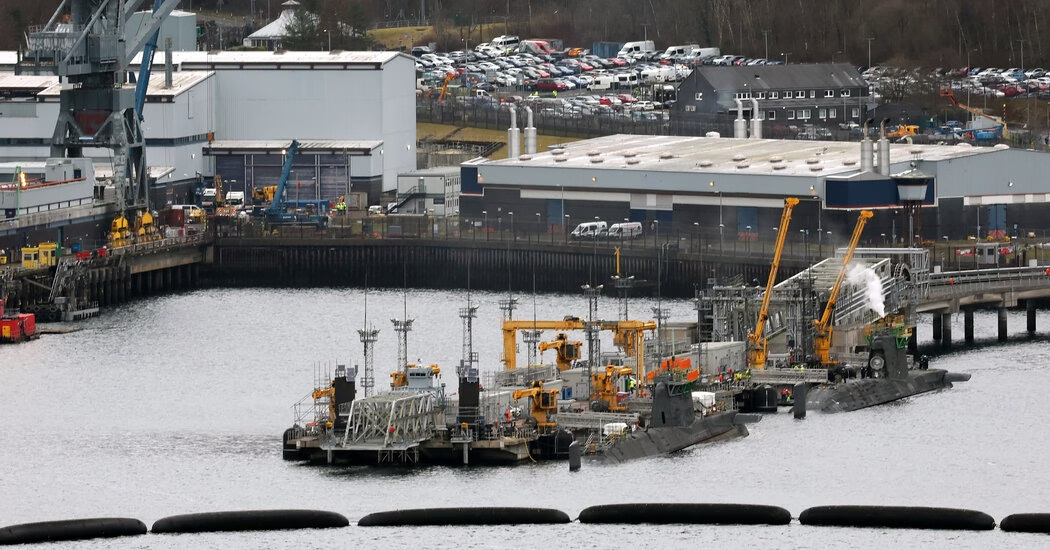Germany’s potential next leader, Friedrich Merz, stirred a flurry of activity in European security circles when he suggested extending France and Britain’s nuclear deterrence to include Germany. This was in response to growing concerns over President Trump’s dedication to NATO. Poland’s Prime Minister Donald Tusk expressed similar views, hinting at his own country’s history of Russian occupation possibly leading Poland to develop its own nuclear bomb. This caused a significant reaction due to the complicated nature of nuclear deterrence and its central role in NATO’s collective defense commitment, which is heavily reliant on the U.S. nuclear arsenal.
Despite Trump’s assurance of maintaining the American nuclear umbrella over Europe, his arm’s-length stance towards Europe has eroded trust among traditional allies, sparking serious discussions among European countries about the future of their nuclear defense without relying on the U.S. However, replacing the American commitment to nuclear defense isn’t straightforward. Jointly, France and Britain possess a mere fraction of the U.S. arsenal, and equipping other countries like Germany with nuclear capabilities poses numerous challenges, including leaving the Nuclear Non-Proliferation Treaty and increasing potential threats to Russia.
Moreover, the doctrine of deterrence relies on ambiguity, making it unclear exactly when nuclear weapons might be used. France, which is not part of NATO’s nuclear planning group, maintains its nuclear arsenal’s independence, whereas Britain’s deterrent is tied to U.S. technology and support. The uncertainty surrounding French and British nuclear policies complicates discussions on creating a reliable European nuclear deterrent.
Questions remain about the scope of France’s commitment to using its deterrent for European allies and concerns about potential future French leadership that could alter the country’s nuclear policy. While discussion about a European nuclear defense has been beneficial in pushing Europe to take security more seriously, there are concerns that an overemphasis on such initiatives could prompt the U.S. to pull back its support, a phenomenon known as “decoupling.”
Source: https://www.nytimes.com/2025/03/15/world/europe/nuclear-deterrent-trump.html





